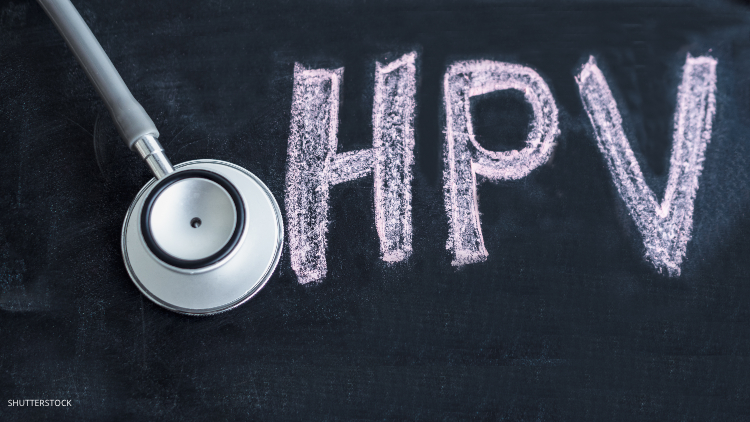Ekele said this in an interview with News Agency of Nigeria(NAN), on Wednesday in Abuja, on the occasion of the International HPV Awareness Day.
NAN reports that March 4, has now been established as International HPV Awareness Day.
The commemoration is part of the International Papilloma Society’s commitment to increase worldwide understanding of Human Papillomavirus and how it affects us all.
The expert said though Human Papillomavirus affects everyone, not many people have heard of it, saying that the bad news is that some HPV infections could lead to life-threatening cancer.
She added that “the good news was that Nigerians could join the global community to stop Human Papillomavirus.”
She noted that Nigerians needed to be sure that they protected themselves, get a pap-smear, and ask their doctors about the HPV vaccination.
According to her, over 80 per cent of people will be infected by human papillomavirus at some point. They are a few that can hurt the nation.
Ekele who listed other cancers to include cervical, anal, oral and penile said that “HPV causes one in 20 cancers worldwide.
The virus causes: “most cases of cervical cancer nine out of 10 vulva and anal cancers, eight out of 10 vaginal cancers and nine out of 10 cases of genital warts,” she said.
She called on the Federal Ministry of Education to offer the free vaccine to all secondary school pupils in the country as part of the schools’ vaccination programme because HPV virus infection was most common in people in their late teens and early 20s.
“In girls, HPV infection can cause cancer of the cervix, vulva the area surrounding the opening of the vagina, vaginal, anus, throat head and neck.
“In boys, Human Papillomavirus infection can cause cancer of the anus, throat, penis, head and neck.
“HPV infection can also cause genital warts in both girls and boys,” she explained.
The expert added that the younger people when vaccinated, the better chance the country stood in the control of the spread of the virus and protect them from most HPV related cancers.
According to her, early detection will help to prevent HPV-related cancers.
Asked if the vaccine was safe, she noted that The World Health Organisation (WHO) stated that the HPV vaccine was extremely safe.
She added that the Ministry of Education could collaborate with the Ministry of Health if they had questions about the Human Papillomavirus vaccine and also health experts to see the need to curb Human Papillomavirus in the country.
The expert noted that most Human Papillomavirus infections do not need treatment because the body could clear the virus itself.
“But in some people, the Human Papillomavirus infection can develop into cancer or genital warts,” she said.

